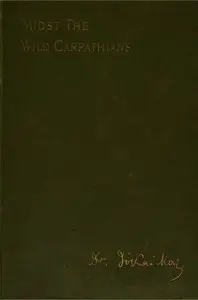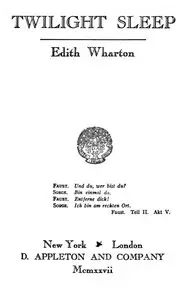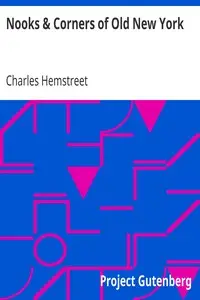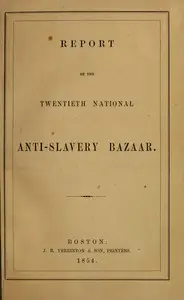"A Hungarian Nabob" by Mór Jókai is a late 19th-century novel set in Hungary that follows the lives of John Kárpáthy, a wealthy and eccentric nobleman, and his nephew Abellino Kárpáthy, who comes from Paris hoping to inherit the Nabob's fortune, weaving a tale of social interactions, wealth, and the peculiar habits that define the lives of its characters. The story begins by placing readers in a rainy and muddy Hungarian setting, where Peter Bús, an innkeeper, thinks about the terrible situation of his "Break-'em-tear-'em" inn while visitors come despite the bad circumstances. As guests arrive in the terrible weather, there is a funny dialogue between Peter and the gentry, especially about the Nabob's foolish requests, providing a lighthearted start. This opening introduces a colorful variety of eccentric people, setting the tone for a rich mix of comedy and tragedy as the plot of money and kinship develops.

A Hungarian Nabob
By Mór Jókai
In a 19th-century Hungarian setting, a wealthy eccentric faces his Parisian nephew, who has hopes of receiving an inheritance, unveiling a web of social dynamics amid a world of mud, rain, and the promise of riches.
Genres
Released
2007-04-03
Formats
epub (images)
mobi (images)
epub3 (images)
epub
mobi
txt
Free Download
Summary
About the AuthorMóricz Jókay of Ásva, known as Mór Jókai, was a Hungarian novelist, dramatist and revolutionary. Outside of Hungary, he was also known as Maurice Jókai or Maurus Jokai or Mauritius Jókai. He was a leader of the outbreak of the Hungarian Revolution of 1848 in Pest. His romantic novels became widely popular among the elite of Victorian England, where he was often compared to Charles Dickens by the press. One of his most famous admirers was Queen Victoria herself.
Móricz Jókay of Ásva, known as Mór Jókai, was a Hungarian novelist, dramatist and revolutionary. Outside of Hungary, he was also known as Maurice Jókai or Maurus Jokai or Mauritius Jókai. He was a leader of the outbreak of the Hungarian Revolution of 1848 in Pest. His romantic novels became widely popular among the elite of Victorian England, where he was often compared to Charles Dickens by the press. One of his most famous admirers was Queen Victoria herself.
Total Reviews
10.0k
Total reviews from Goodreads may change


















